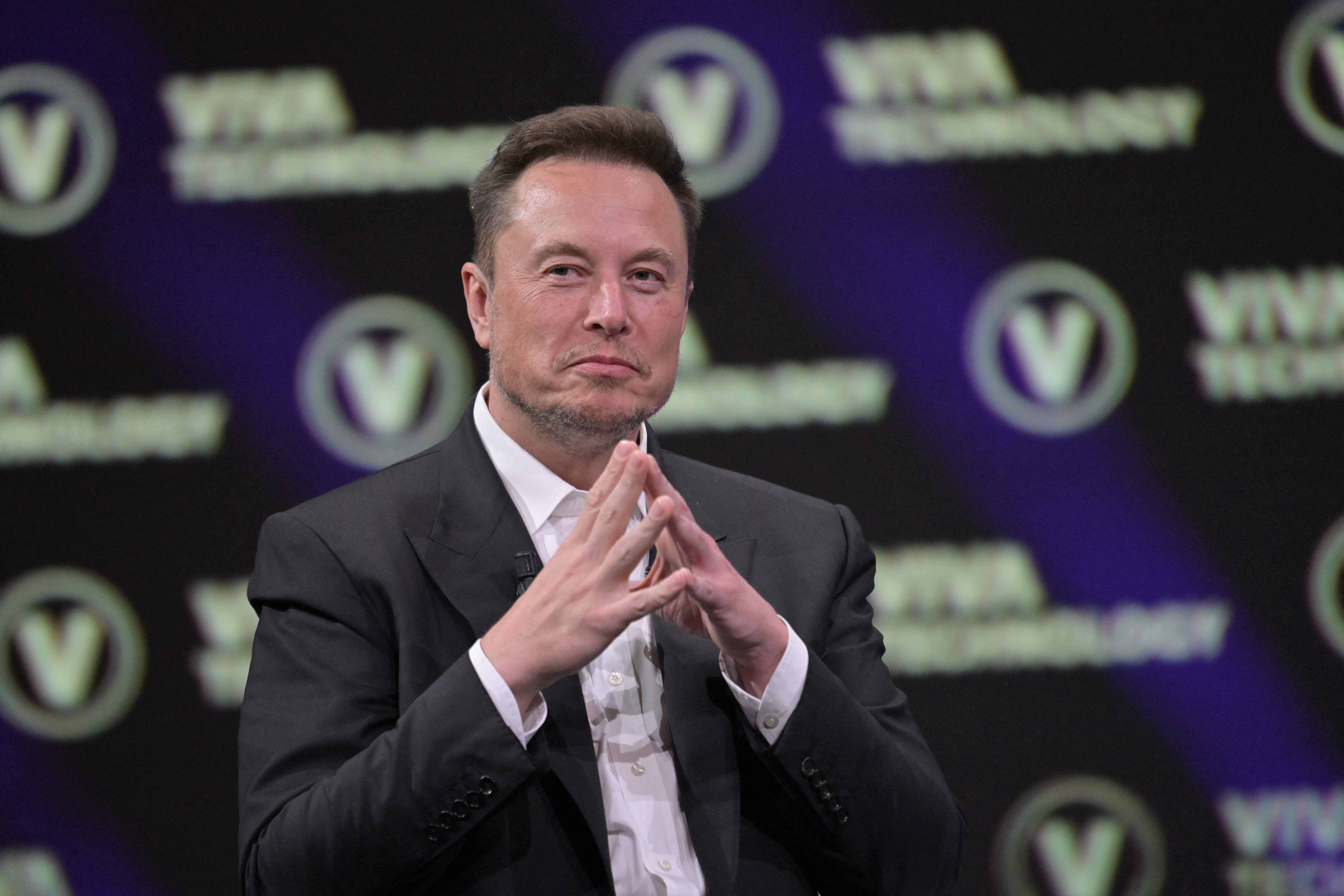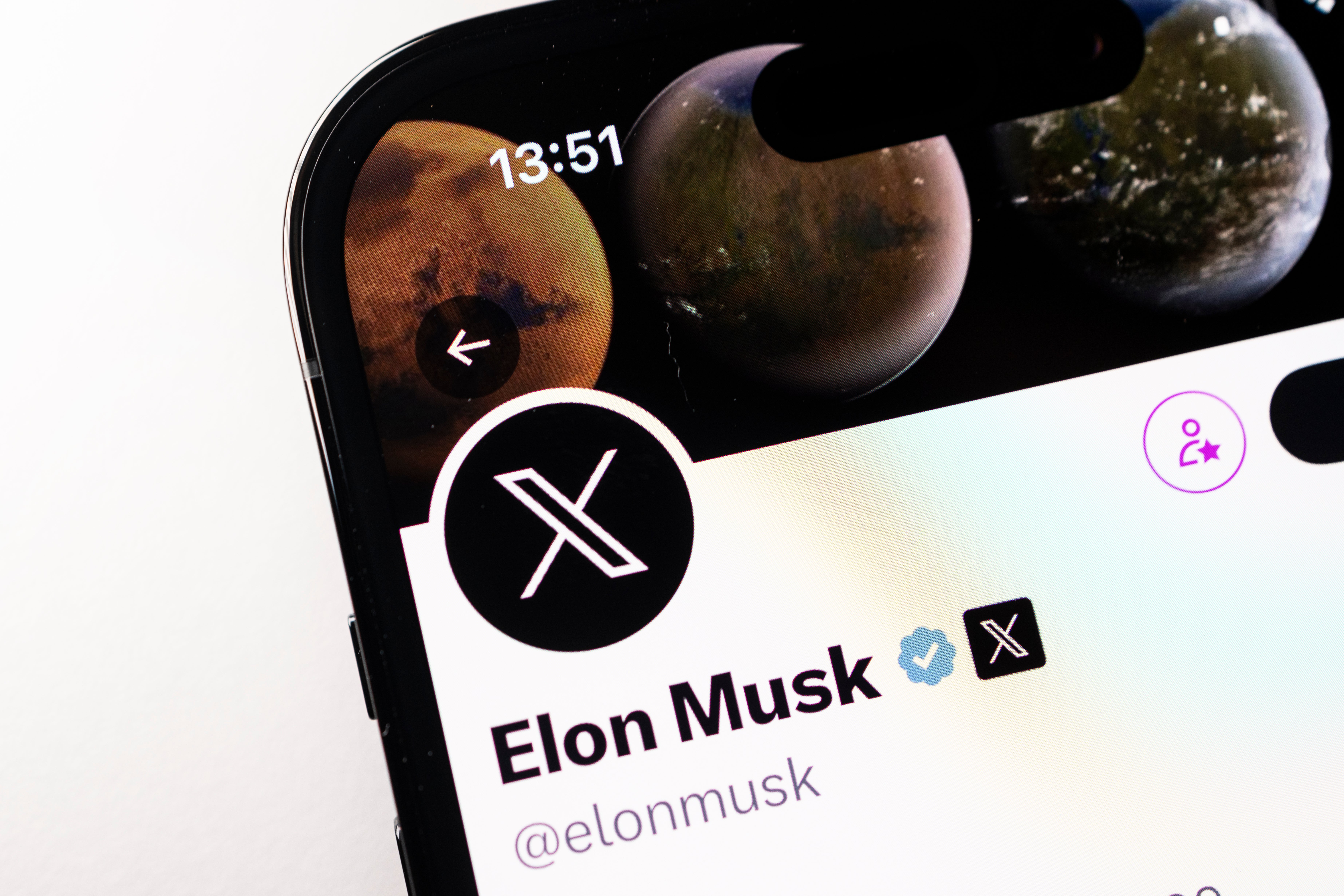Did Elon Musk break Twitter – or did Twitter break him?
Ben Mezrich wrote the book that inspired ‘The Social Network’, Aaron Sorkin’s 2010 film about Facebook’s turbulent origins. His account of Elon Musk’s Twitter/X takeover has the desperate air of an airport read that hankers to be a film script – but he fails to nail his ‘villain’, writes Robert McCrum


The bad news for Ben Mezrich and his book about Elon Musk’s “most controversial corporate takeover in history” is that (from reports in the showbiz newsletter Puck) Hollywood has just paid several million dollars for an Elon Musk biopic, directed by Darren Aronofsky, based on Walter Isaacson’s biography of the world’s richest man.
According to his publishers, Mezrich is “one of the world’s leading business narrative writers”. But he has also tasted the Kool-Aid. His Accidental Billionaires, published in 2009, an overheated account of Facebook’s turbulent origins, became Aaron Sorkin’s script for The Social Network. In Breaking Twitter, Mezrich plainly hopes to bank a second tranche of movie treasure. He’s in selling mode from the outset. This, he tells us in a prefatory note to his readers, is “one of the most important and thrilling stories I’ve ever told”.
If the best-selling author has mastered the “business narrative”, he still has a lot to learn about show-not-tell. Breaking Twitter, advertised as “a vicious Shakespearean battle” for control of the company now known as X, is a wannabe, with the slightly desperate air of a volatile airport read that hankers to be a film script.
Taken at face value, Mezrich’s scenario, grounded in magazine journalism, is promising. It’s a story familiar to most Twitter users. In October 2022, having leveraged a modest 9 per cent shareholding into a quixotic corporate takeover, the billionaire mechanic and maverick space pioneer Elon Musk marched into Twitter’s HQ manhandling a kitchen sink. Simultaneously, using the technology he would shortly eviscerate, and a sophomoric soundbite, he tweeted to his several million followers, “Let that sink in”.
In his short career as a renegade billionaire and self-styled Chief Twit, Musk has been proud to boast that “I say something and then it usually happens”. The takeover that now began to unfold in the febrile Twitter-sphere of San Francisco was replete with sober assurances about fresh starts, free speech and fundamental changes, but the world’s richest man knows that such sentiments do not bring home the bacon.
Nothing could have prepared the Tweeps (Twitter’s employees) for the months of chaos and confusion that followed: mass firings, boardroom bloodletting, an exodus of advisers and “blue tick” celebs, culminating in an internecine battle for control that’s still raging, unresolved. Breaking Twitter is an excitable, high-octane account of some 16 months (November 2022 to April 2023) in the dizzying breakdown of a once all-powerful comms empire, whose role in the resistible rise of Donald Trump has yet to be fully analysed. If this book’s future as a film is now in question, it must still have an outside chance as a TV miniseries.
Mezrich’s rendering of this bizarre story is a crude mash-up of business book and movie spin-off. Mezrich has the supercharged ambition of the bestselling author. Everything about Breaking Twitter is over-hyped and – here it does touch the reality of hi-tech California – futuristic. Its prose skitters from the sci-fi world of tech, to an unmediated appropriation of New Journalism, before arriving, breathless, at a credulous, occasionally incoherent, promotion of Musk as “one of the most complex characters I’ve ever encountered”.

Never mind the workings of Twitter (despite Mezrich, this organisation remains a mystery), the Chief Twit himself eludes capture. Mezrich poses some obvious challenges about Musk, but leaves the reader at the mercy of his feverish prose (“for years he had been known to most of the world as a genius, one of the greatest entrepreneurs in history”). Even on the most charitable unscrambling of this super-caffeinated gallimaufry, most readers will be none the wiser. But the Musk-Twitter story demands straight answers to three basic inquiries:
1. Is Musk a rational engineer/nerd or an exceedingly rich, mad person?
2. Is he motivated by data or instinct, science or sensation?
3. What on earth could he possibly want from Twitter?
Breaking Twitter rattles these questions in their cage, but never gets closer than vague assertions of “darkly comic” events and Musk’s “downward spiral”.
This is odd and disappointing. The origin of Musk’s assault on Twitter was simple: a quixotic assertion of free-speech principles. Having discovered that the corporate health of Twitter was rotten to the core, and how corrupted by pornography it had become, Musk began to challenge its ethical values. Based on some unexceptional statements (“Free speech is essential to a functioning democracy”), he asked “Do you believe Twitter rigorously adheres to this principle?” These tweets eventually morphed into his takeover, which then precipitated Musk’s self-destructive ownership. “Since making my investment,” he declared, conceding that “I now realise the company…. needs to be transformed….. Twitter has enormous potential. I will unlock it.”
Mezrich’s problem with this story, never acknowledged nor resolved, is that none of the principals from founding Twit Jack Dorsey to ex-Twit Parag Agrawal have cooperated to elucidate precisely how Musk was “broken” by the corporation. In their place, Mezrich has relied on a handful of Twitter execs (Esther, Jessica, Mark, Brett, Fyodr, etc) translating hours of interview into a “business narrative” that reads like a rough draft of a movie script.
“Mark sat at his desk, still staring at the screen. His cellphone was chirping in his pocket... but he remained focused on [sic] what was now, once again,
just a square,
within a square,
within so many other squares.”
Having mystified his airport readers, Mezrich takes a closing, ill-advised swipe at Isaacson’s “splashy and laudatory” life of Musk, disdaining Isaacson’s sober journalistic methods.
Frankly, such professionalism would have been a relief. Without a plausible “business narrative”, Mezrich has little to offer. We are told, in summary, what we already knew: that Musk broke Twitter, which in turn seems to be in the process of breaking Musk. Surprise, surprise, any rescue of Twitter (now known as X), is “going to be up to Elon himself”.
Breaking Twitter ends with a line as clueless and bathetic as the Musk story itself: “Elon now had a choice. Which Elon was he going to be?” Many readers will wonder: who knows? Who cares?
Subscribe to Independent Premium to bookmark this article
Want to bookmark your favourite articles and stories to read or reference later? Start your Independent Premium subscription today.
Join our commenting forum
Join thought-provoking conversations, follow other Independent readers and see their replies
Comments